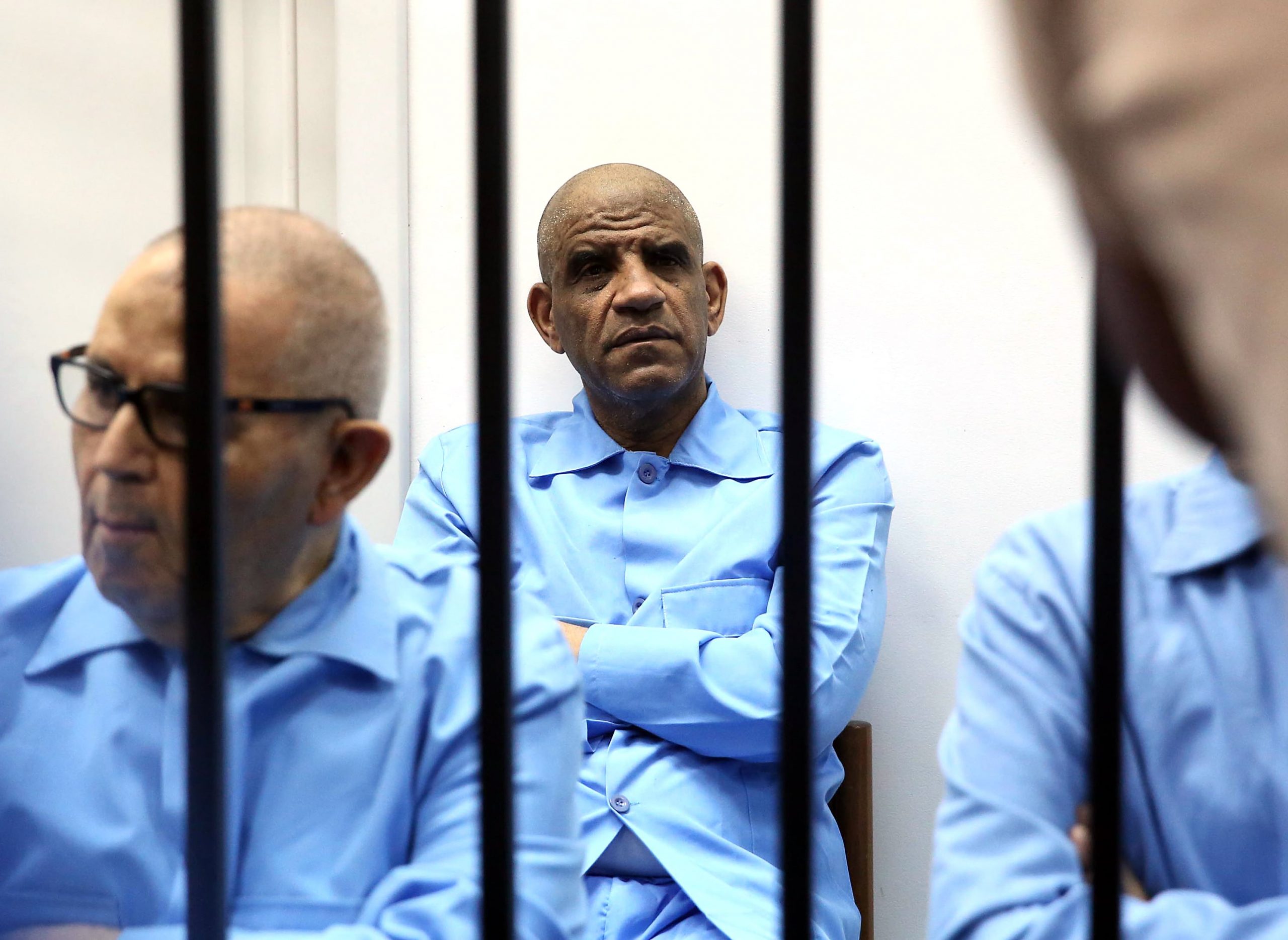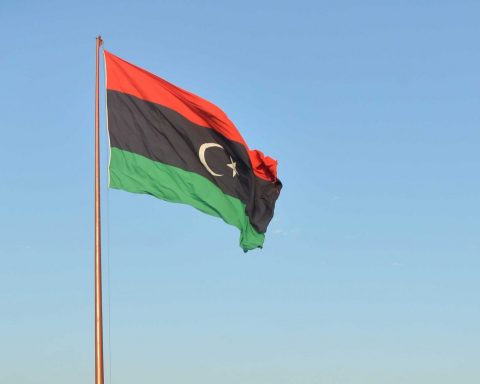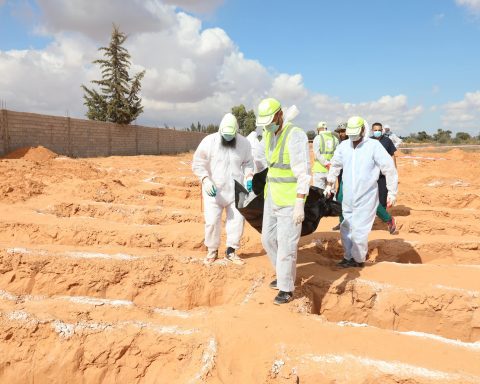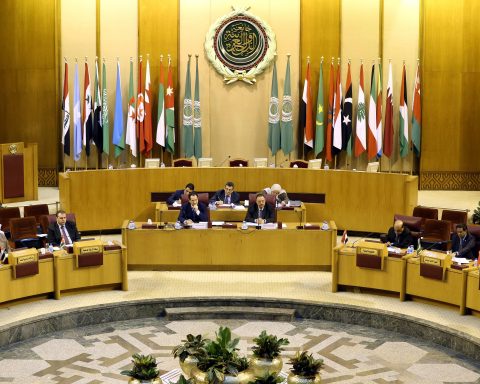Abdullah Senussi’s family requested that Senussi be released from the government authorities because of the poor health conditions in prison, where Senussi was recently diagnosed with cancer. Senussi remains in prison, which is under the responsibility of the Special Forces or Radaa unit. After the statement made by Senussi’s family, the Magarha tribe, located in the south of Libya, made a press statement that Senussi should be released within the next 72 hours, otherwise they would explode the Great Man-Made River and oil facilities in the vicinity.
Following the statements, the Administration of Great Man-Made River stated that the water supply to Tripoli and some coastal cities was cut off as a precaution. Similar protests were carried out by some tribes in Sebha in 2013 and 2015. In 2019, 20 tribes and families led by the Senussi family demanded the release of Senussi due to health problems and put pressure on officials of the former Government of National Accord (GNA) under Fayez al-Sarraj.
One of the most influential figures of the Gaddafi regime, former intelligence chief Abdullah Senussi was arrested in 2012 after the outbreak of th 2011 protests, which was ultimately toppled after a 42-year rule. He ordered the killing of many civilians through the use of excessive force in the protests against Gaddafi that started in Benghazi. Senussi, who was arrested in the capital of Mauritania in 2012, was sentenced to death in 2015. Senussi is also associated with the Lockerbie Disaster, with Scottish officials having been reportedly intending to interrogate the former chief following his arrest.
Senussi is also known to have had close relations with Gaddafi’s son, Saif al-Islam Gaddafi. In a rare interview, Saif al-Islam had expressed that he may run for president in the upcoming presidential election. As a consequence, based on this development which came before the general elections of December 24, 2021, it is claimed that the supporters of Saif al-Islam may be aiming to lure Senussi, who is still known to be influential in the security field of Libya, to the side of Saif al-Islam. So much so that, according to many Libya experts, the Magarha tribe has important connections both within warlord Khalifa Haftar’s ranks and within the government. The most notable among them are Major General Al-Mabrouk Sahban, Commander of the Land Forces in warlord Haftar’s forces, Major Omar Mraja’ al-Meqarhi, Commander of the Tariq bin Ziyad Brigade, and Major General Abdul Salam al-Hassi, the Special Forces Commander. In fact, the current Chief of Intelligence, Hussein Al-Aeb, who took office in the latest appointments of the Libyan Presidential Council, was Senussi’s deputy during his tenure. Such that, the appointment of al-Aeb has been the focus of some criticism within the country.
Therefore, according to some analysts, the fact that Senussi is not released may soon increase tensions between the Magarha tribe and the Government of National Unity. This tension may lead to more violent actions in cities such as Sebha and Beni Walid, where the tribe possesses an active grip. Critics suggest that this situation may negatively affect Libya, which has entered a political reconciliation process before the elections this December, and may give actors such as warlord Khalifa Haftar the opportunity they seek to gain a substantial foothold in the southern part of the country.














